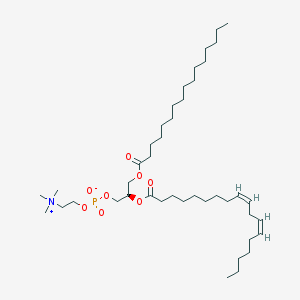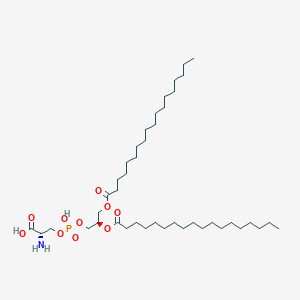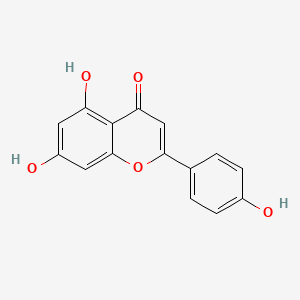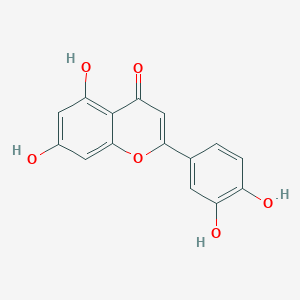Description
Phosphatidylcholine is a phospholipid that is a major component of biological membranes. It consists of a choline head group and glycerophosphoric acid, with a variety of fatty acids. Here’s a breakdown of its functions, applications, and benefits:
Function:
- Cell Membrane Integrity: Phosphatidylcholine is a building block of cell membranes, essential for their structural and functional integrity. It ensures the fluidity and permeability of cell membranes, which is crucial for the functioning of cells.
- Metabolism: It plays a role in the metabolism of fats and is important in the liver, where it helps to transport fat and cholesterol from the liver to other parts of the body, preventing fat accumulation in the liver.
- Signal Transduction: As a component of cell membranes, phosphatidylcholine is involved in signaling pathways. It can be converted into second messengers that play a role in signal transduction processes within the cell.
- Lipid Transport: It is a component of lipoproteins which are responsible for the transport of lipids throughout the bloodstream.
- Pulmonary Surfactant: Phosphatidylcholine is a major component of the surfactant that coats the alveoli within the lungs, reducing surface tension and preventing the collapse of alveoli upon exhalation.
Application:
- Dietary Supplements: It is often taken as a supplement for its potential benefits to brain health and liver function. It is also said to help in conditions like fatty liver, hepatitis, and high cholesterol.
- Food Industry: Phosphatidylcholine is used as an emulsifier in food products, helping to blend ingredients that would otherwise separate, like oil and water.
- Cosmetics: In cosmetic products, it serves as an emulsifier and is also used for its skin-conditioning properties.
- Medical Treatments: Intravenous or injectable forms of phosphatidylcholine are used for treating eczema and other skin conditions, fat embolism, and to break down fat deposits (although the latter is less supported by clinical evidence).
Benefits:
- Cognitive Health: Supplementation has been linked to potential benefits in cognitive function, memory, and concentration. It provides choline which is a precursor to acetylcholine, a neurotransmitter involved in memory and muscle function.
- Liver Health: It may help in protecting the liver against certain types of damage and is often used in treating liver diseases like fatty liver and hepatitis.
- Cardiovascular Health: There is some evidence to suggest that phosphatidylcholine could help to reduce cholesterol levels and improve heart health, though more research is needed.
- Anti-Inflammatory: It may exert anti-inflammatory effects, which could be beneficial in the treatment of conditions like ulcerative colitis.
- Maternal Health: Adequate choline intake is important during pregnancy for proper fetal development, particularly of the fetal brain.





